

In addition to the answers already here, Southern slave plantation owners controlled the largest swathes of prime agricultural and cotton growing farmland. Almost the only cost of maintaining a slave is food and a little clothing, so as an industry the plantations were essentially self-sufficient just from their own produce. This meant that, as they were not paying money for food and clothing, they could keep prices for food and clothing high, draining money out of the industrializing North.
Capitalists, slightly contrary to other answers here, do actually need to pay their workers - at minimum - enough to reproduce their labor (at least until the extreme short-termism of neoliberalism arises) so high prices for food and clothing means paying workers more, which means setting higher prices for goods to keep the same profit margin, which means being outcompeted in the world commodities market by countries in which food is cheaper.
It’s also impossible to mechanize farming on a slave plantation, for the obvious reason that people forced into slavery will gladly sabotage your expensive machines. So, unlike capitalist firms, plantations are not in a race for automation to cut labor costs and outcompete each other - each plantation simply produces as much food as it has land available, which has the effect of preventing the rate of profit for farming as a whole from falling.
To explain: in each particular capitalist field of industry, each firm within it is trying to undercut the others by lowering its prices, which (if it wants to also make profit to spend on future expansion) it can only do by lowering its costs. And as all the firms are buying their input materials on the same market for the same price, the only way to lower costs is to spend less on paying workers - whether by reducing their wages, making them work more for the same wage, or, most significantly for the long term development of capitalism, by replacing them with machines.
Each firm is therefore in a race against the others to automate away as much of the workforce as they possibly can, with steam engines, spinning jennies and every other form of industrial machine - but as we know, profit can only come from the surplus value created by workers, meaning that, as the number of workers in an industry undergoing automation falls, so does the overall rate of profit for that industry.
However, in contrast, farming as a slave-based industry is able to maintain ‘ownership’ (in every sense) of a far larger fraction of the total number of workers in society - and therefore a much larger fraction of the total surplus value created by society - than farming under capitalism, meaning plantation owners as a class have much greater wealth, relative to industrialists, than they would as owners of farms under capitalism.
But of course, this situation harms the Northern industrialists, because high food prices mean they can’t compete on the world market. The logic of capitalism - the logic of the current level of development of the means of production - demands that farming be subject to mechanization. Slavery is outmoded, not because society has reached a higher level of moral and ethical development, but because it interferes with the seeking of maximum profit.
For as long as industries were competing with each other on the same continent, all suffering under the same prices for food, slavery as the primary basis for agriculture could carry on - but as soon as capitalist firms have eaten their local competition and started seeking out new markets on foreign shores, slave-agriculture becomes a fetter on accumulation that Capital must abolish. Under other circumstances, capitalist farms would simply appear and undercut the prices demanded by the plantation owners, but in the US the monopoly that the Southern slavers had over huge tracts of much higher quality farmland in a much better climate made this impossible. So, in the face of these totally incompatible material interests, the only possible outcome was the violent overthrow of the regressive class and the dissolution of their obsolete mode of production.













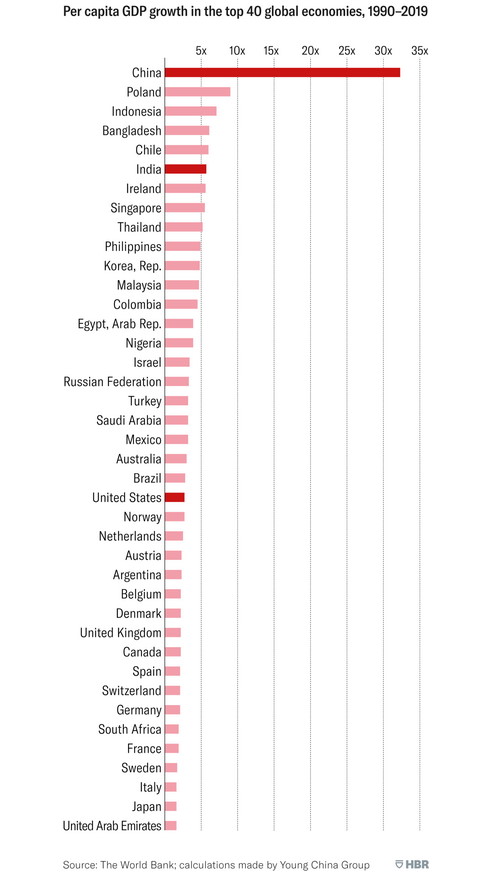
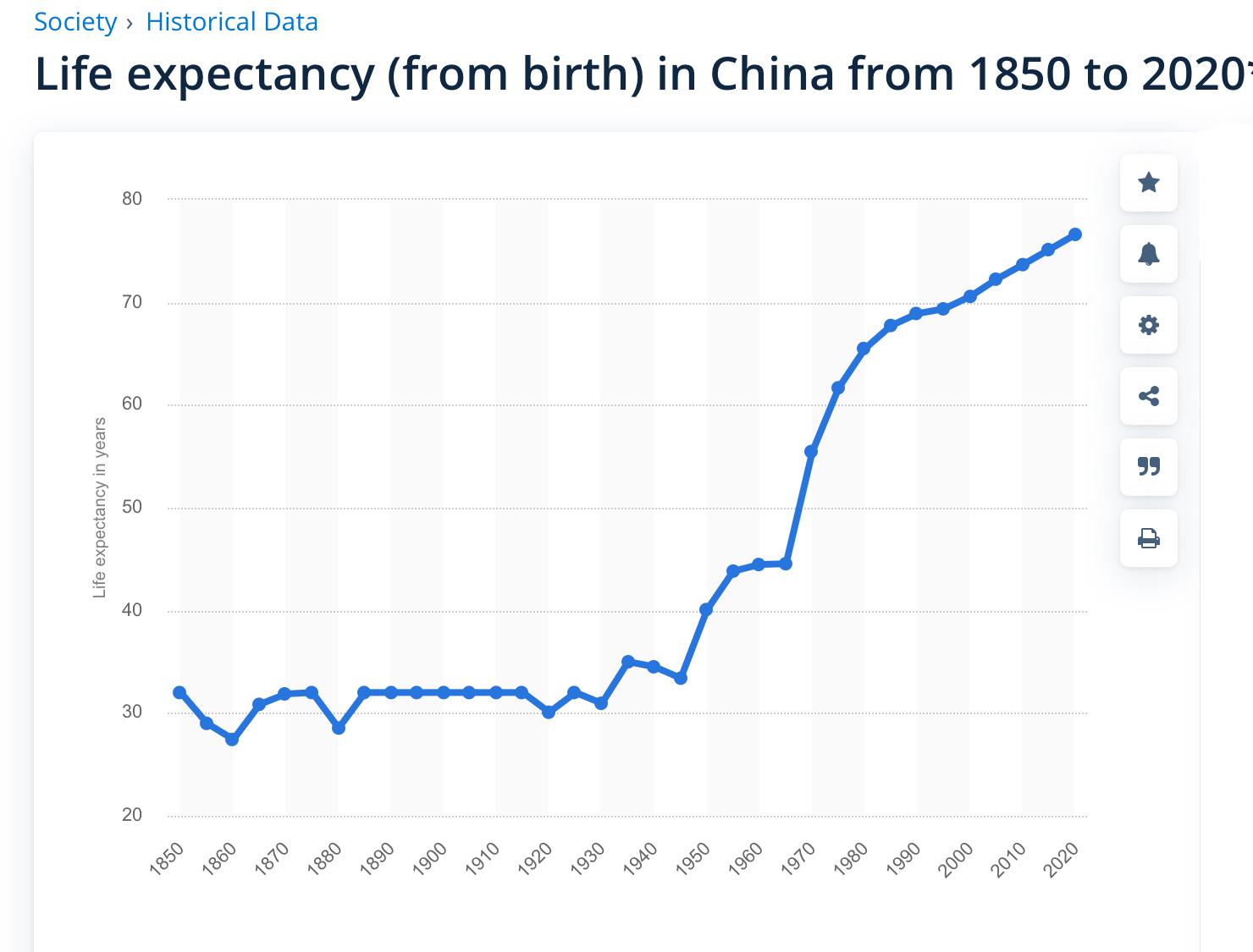
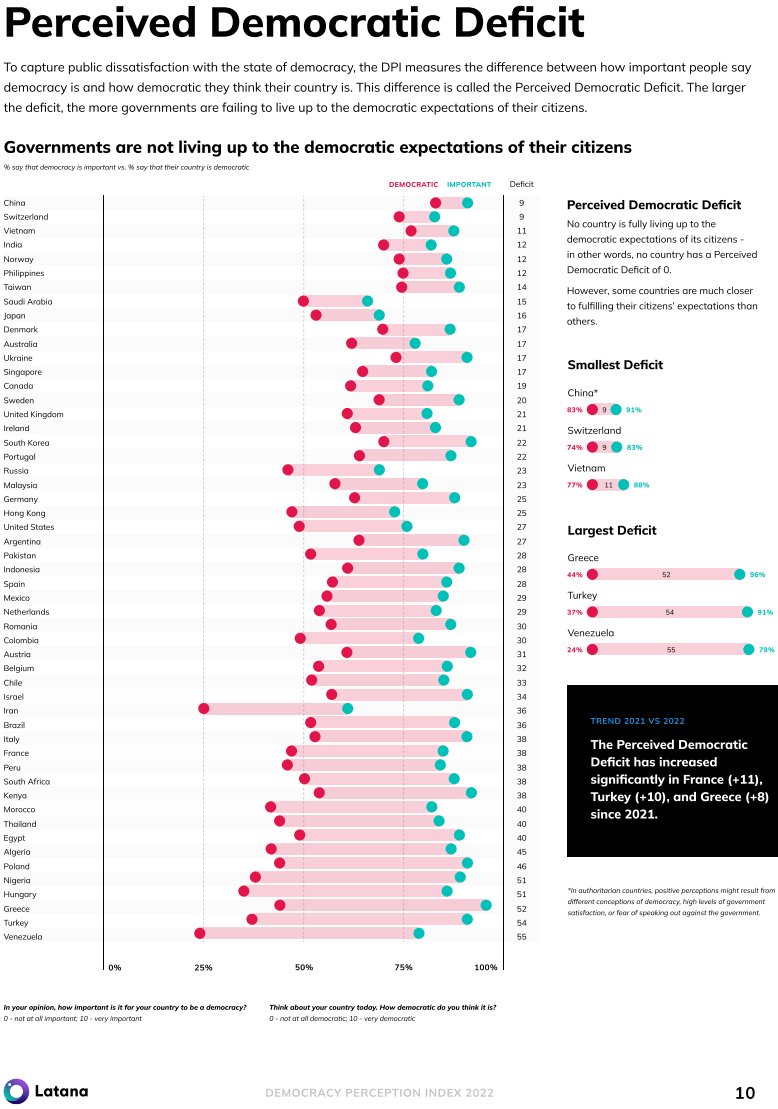
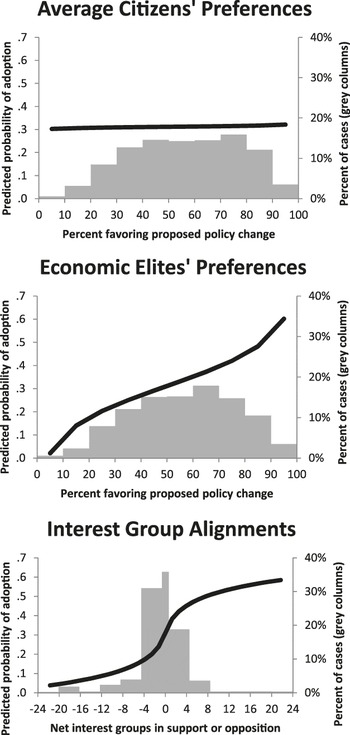

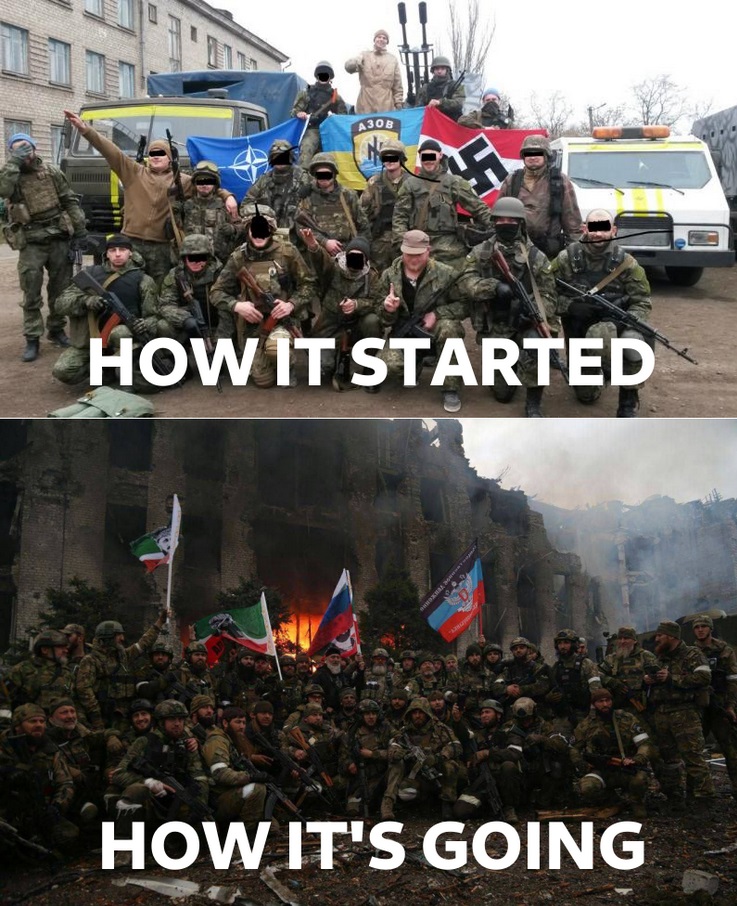

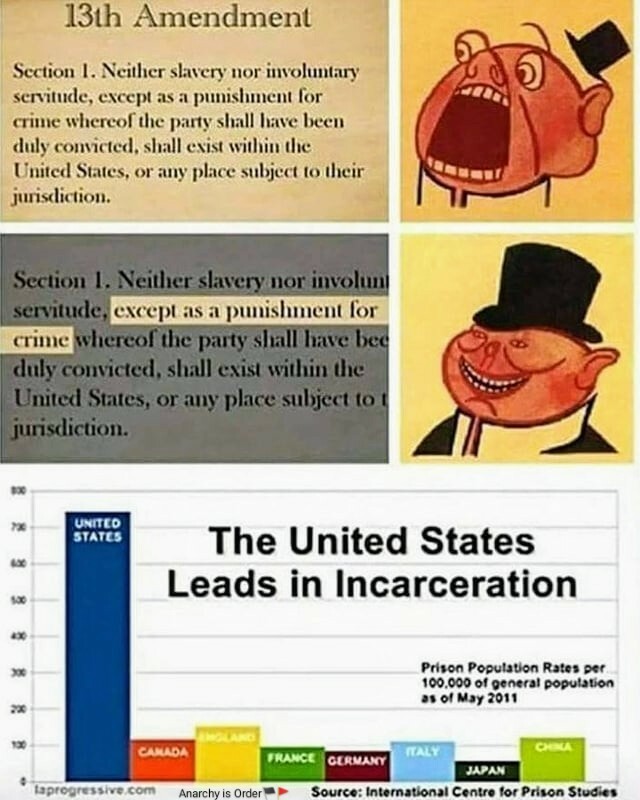
Wait a minute, Biden’s jawline - zoom and enhance…